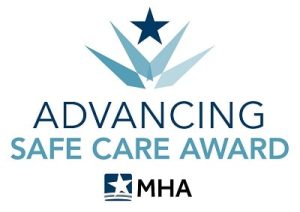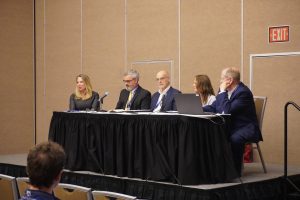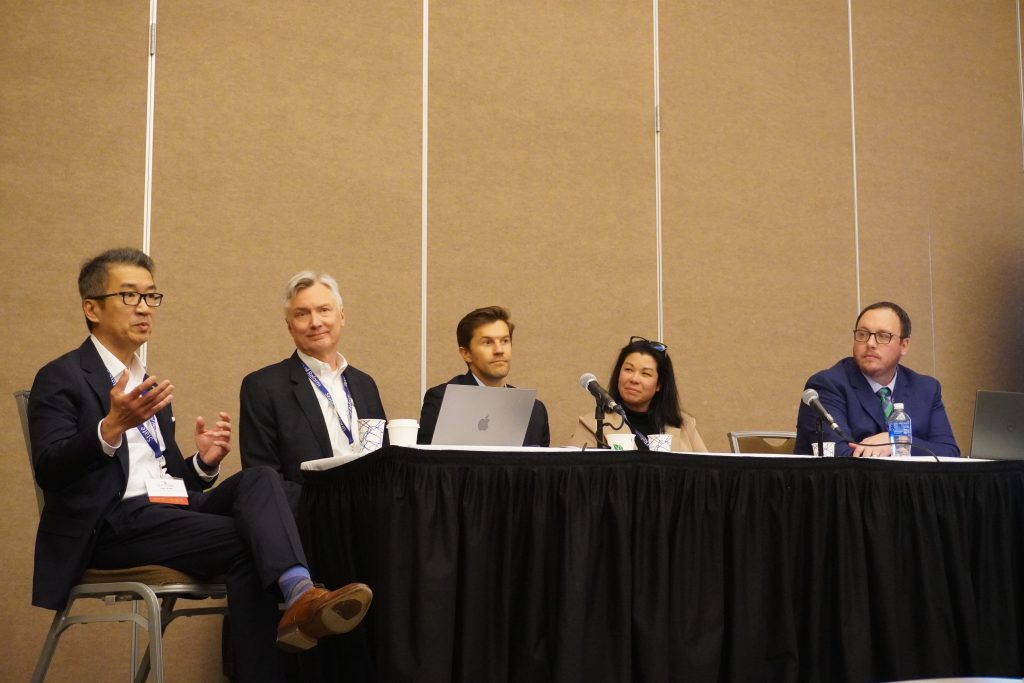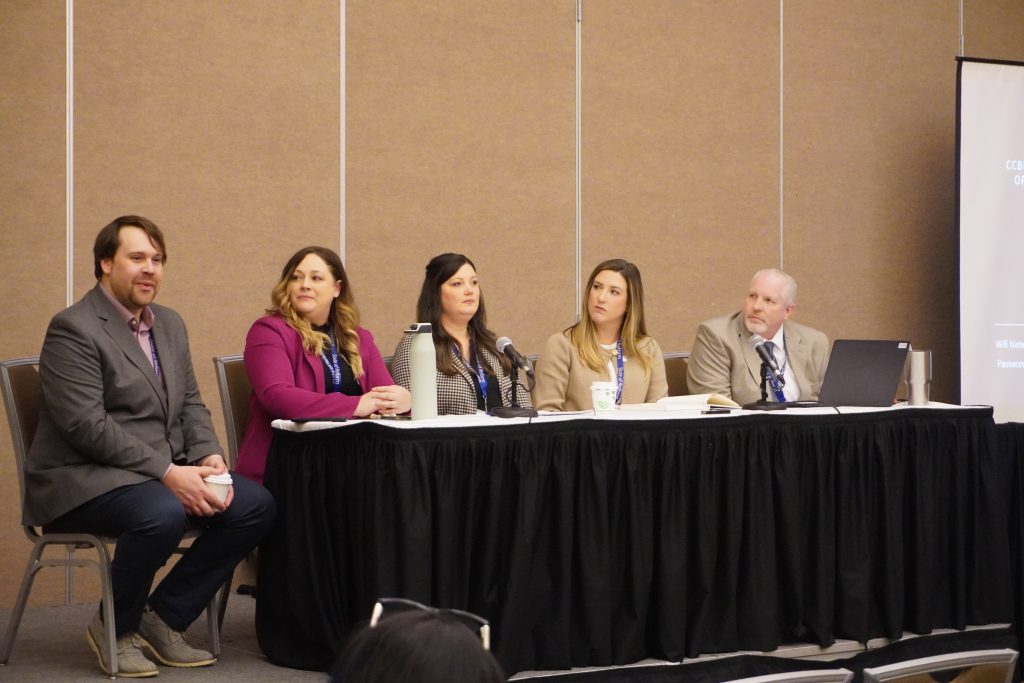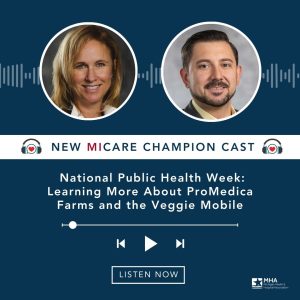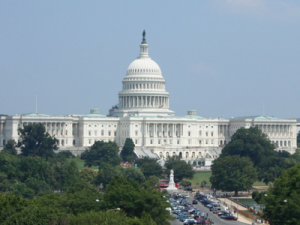The Centers for Medicare & Medicaid Services (CMS) released a proposed rule April 3 to update the Medicare fee-for-service (FFS) prospective payment system (PPS) for skilled nursing facilities (SNFs) for federal fiscal year (FY) 2025.
Key provisions of the proposed rule include:
- Increasing the per diem federal rate by a net 4.1% after the market basket update, productivity adjustment and other adjustments.
- Updating the base year data used to determine the SNF market basket from 2018 to 2022.
- Updating the wage index used under the SNF PPS to reflect data from the 2020 decennial census.
- Increasing the labor-related share of the per diem rate from 71.1% to 71.9%.
- Making technical revisions to the code mappings used to classify patients under the Patient Driven Payment Model (PDPM) that assigns patients to clinical categories.
- Revising the CMS nursing home enforcement authority to allow the agency to impose multiple financial penalties on facilities with safety deficiencies.
- Adopting four new patient assessment items related to health-related social needs with SNFs required to collect and report specific data elements related to living situation, food and utilities beginning with the FY 2027 SNF quality reporting program (QRP).
- Modifying the patient assessment item on transportation to simplify the response options and revise the look-back period.
- Adopting a data validation process for the SNF QRP beginning with the FY 2027 program.
- Proposing operational updates to the SNF Value-Based Purchasing program, including policies regarding measure removal and review and corrections.
- Updating the case mix methodology used to calculate the Total Nurse Staffing measure.
- A Request for Information (RFI) on potential updates to the Non-Therapy Ancillary component of the PDPM.
The MHA will provide SNFs with a facility-specific impact analysis and additional details on the proposed rule in the near future. The MHA also encourages members to submit comments to the CMS by May 28 and to contact the MHA with issues identified by May 22.
Members with questions should contact Vickie Kunz at the MHA.

